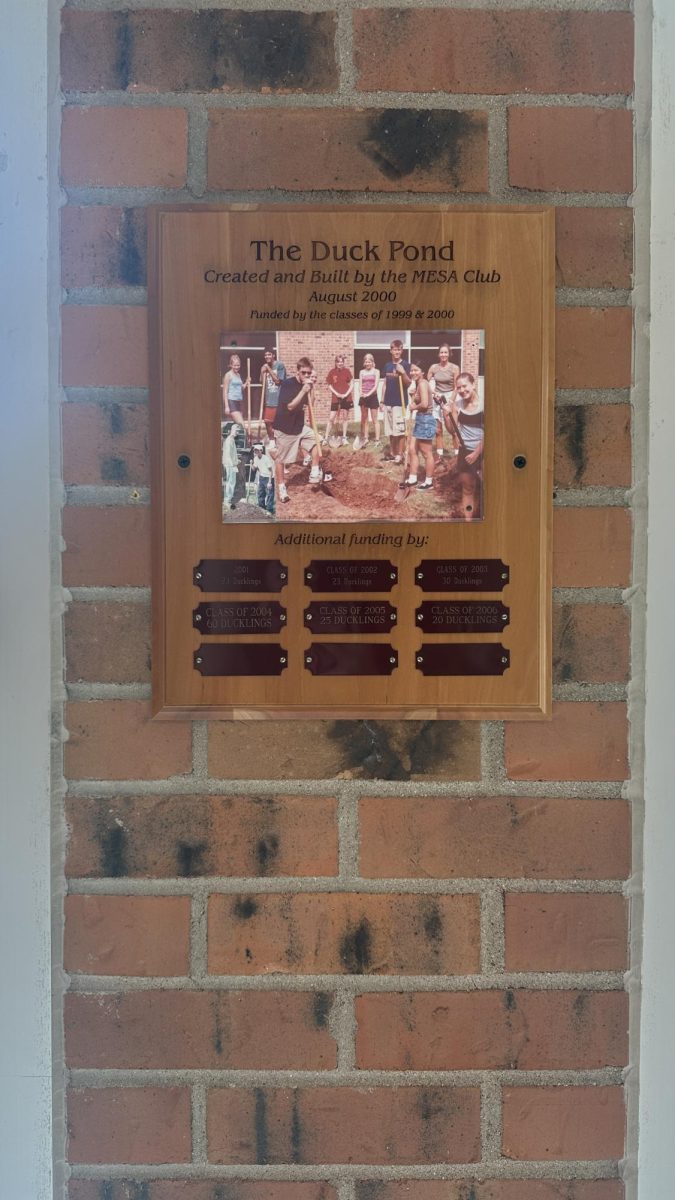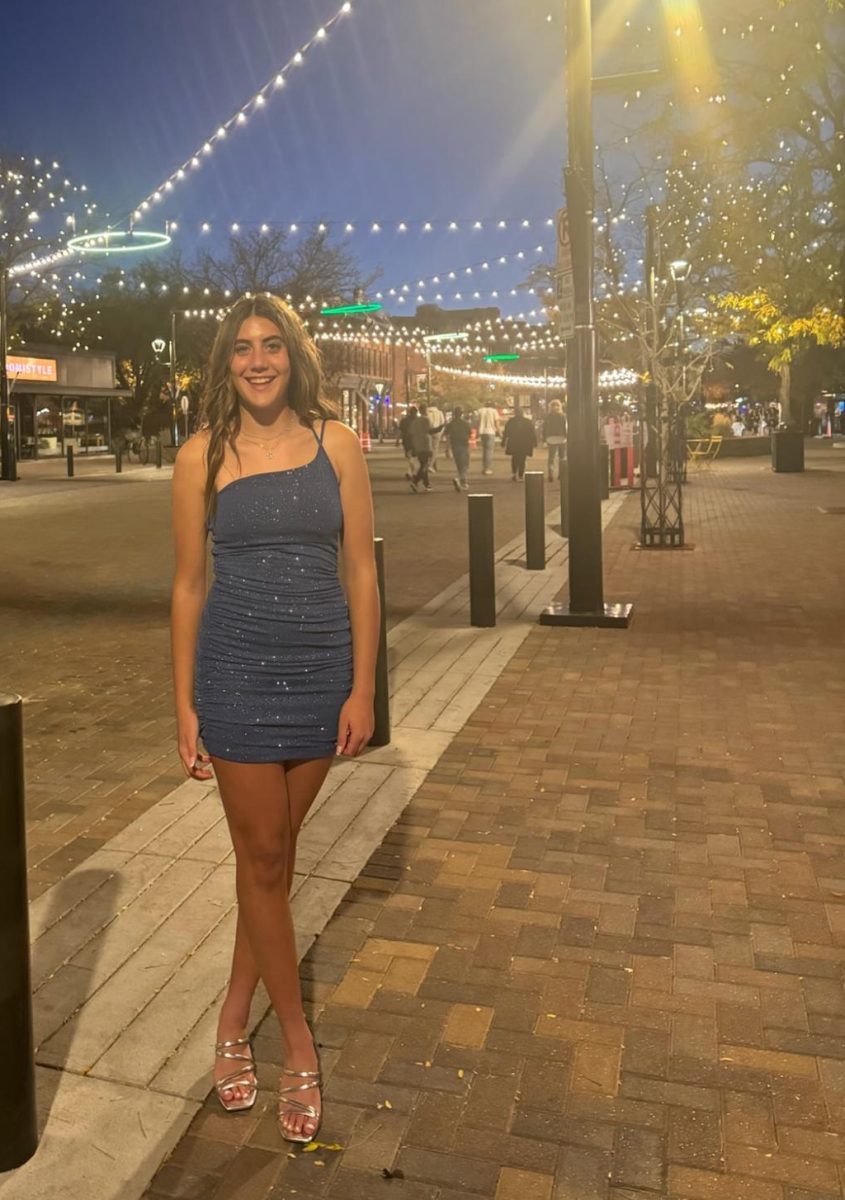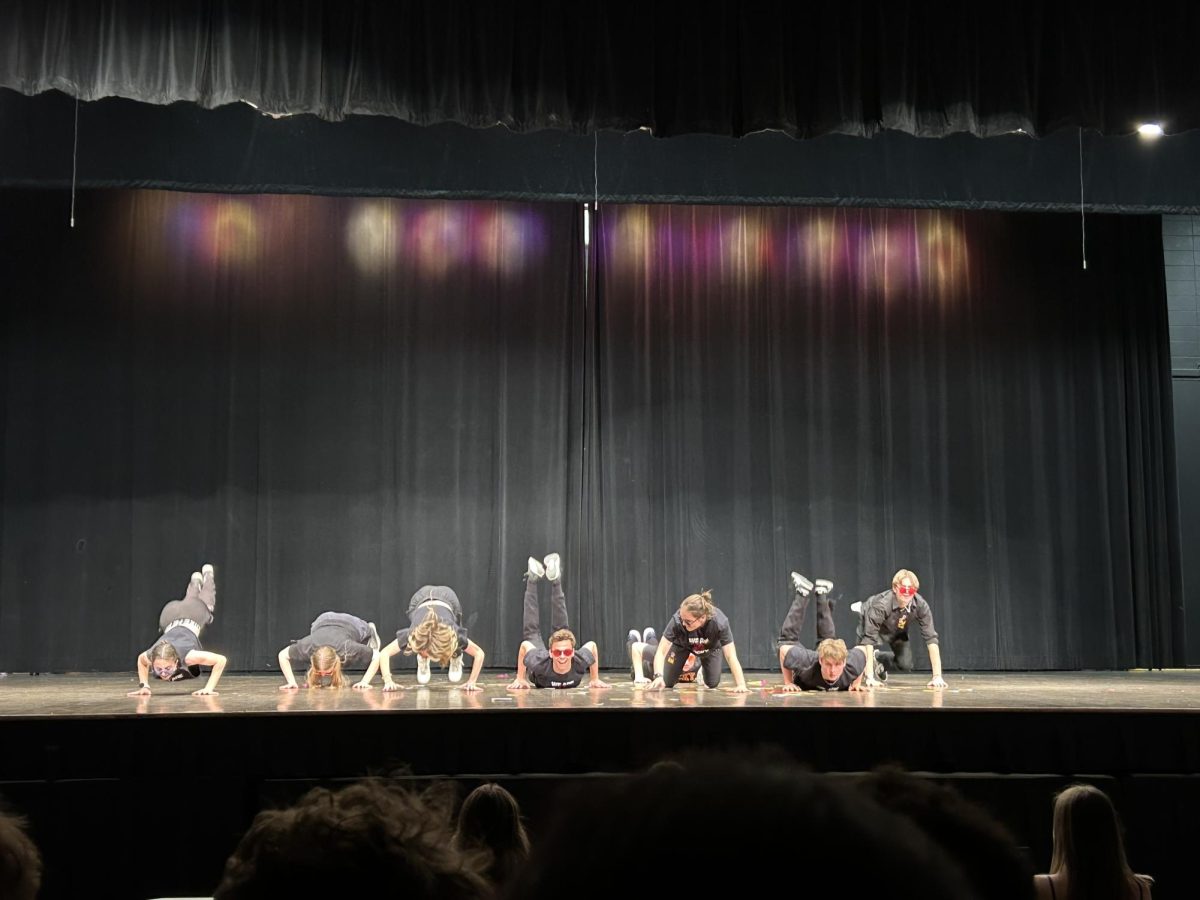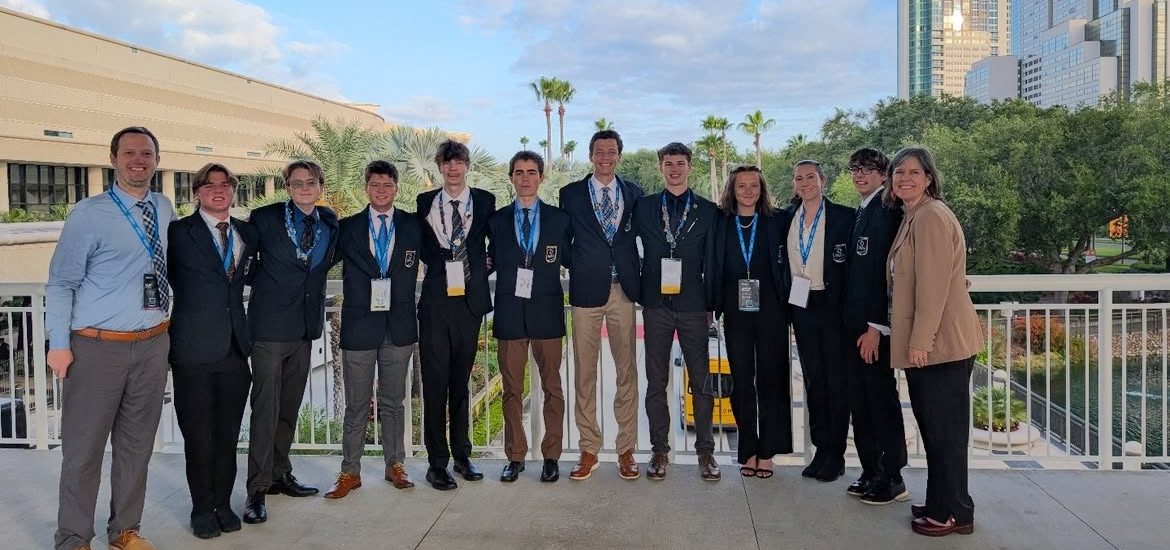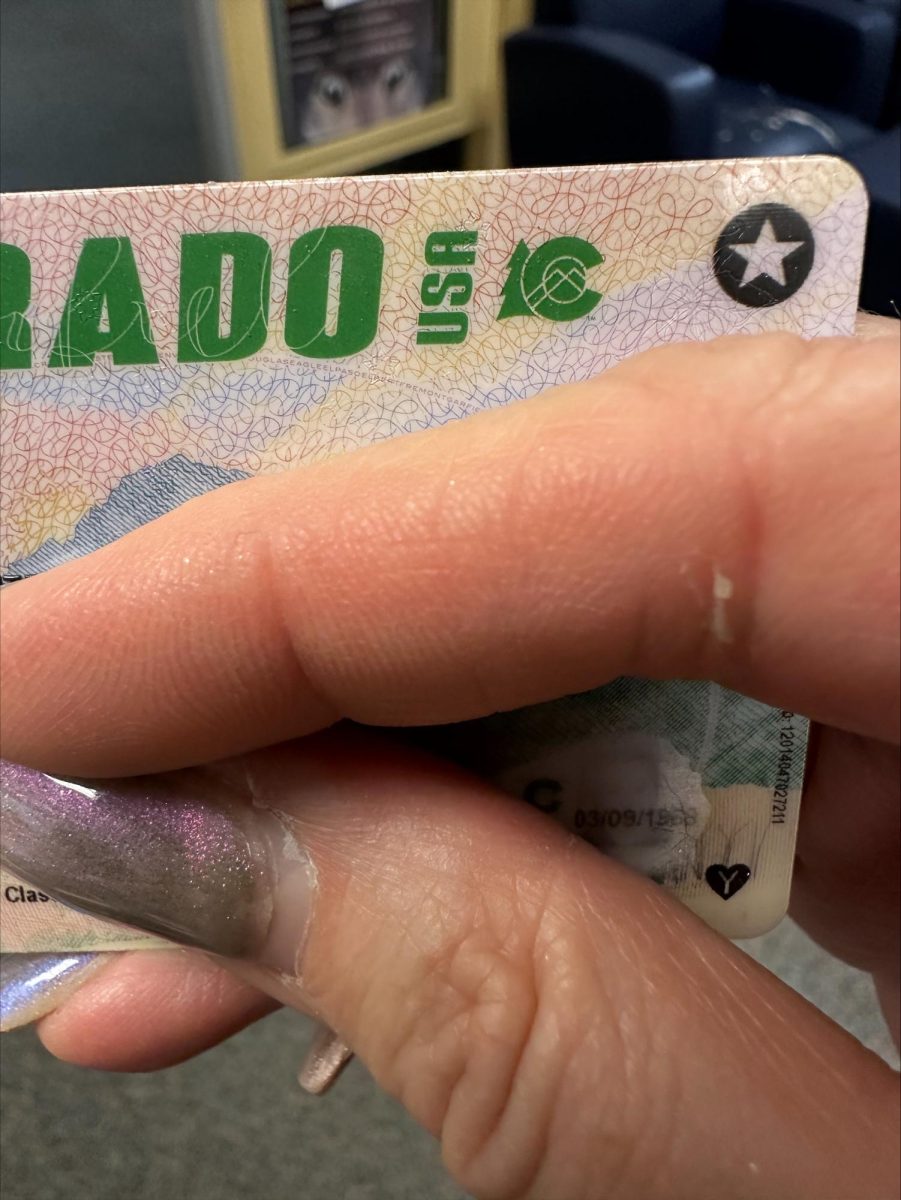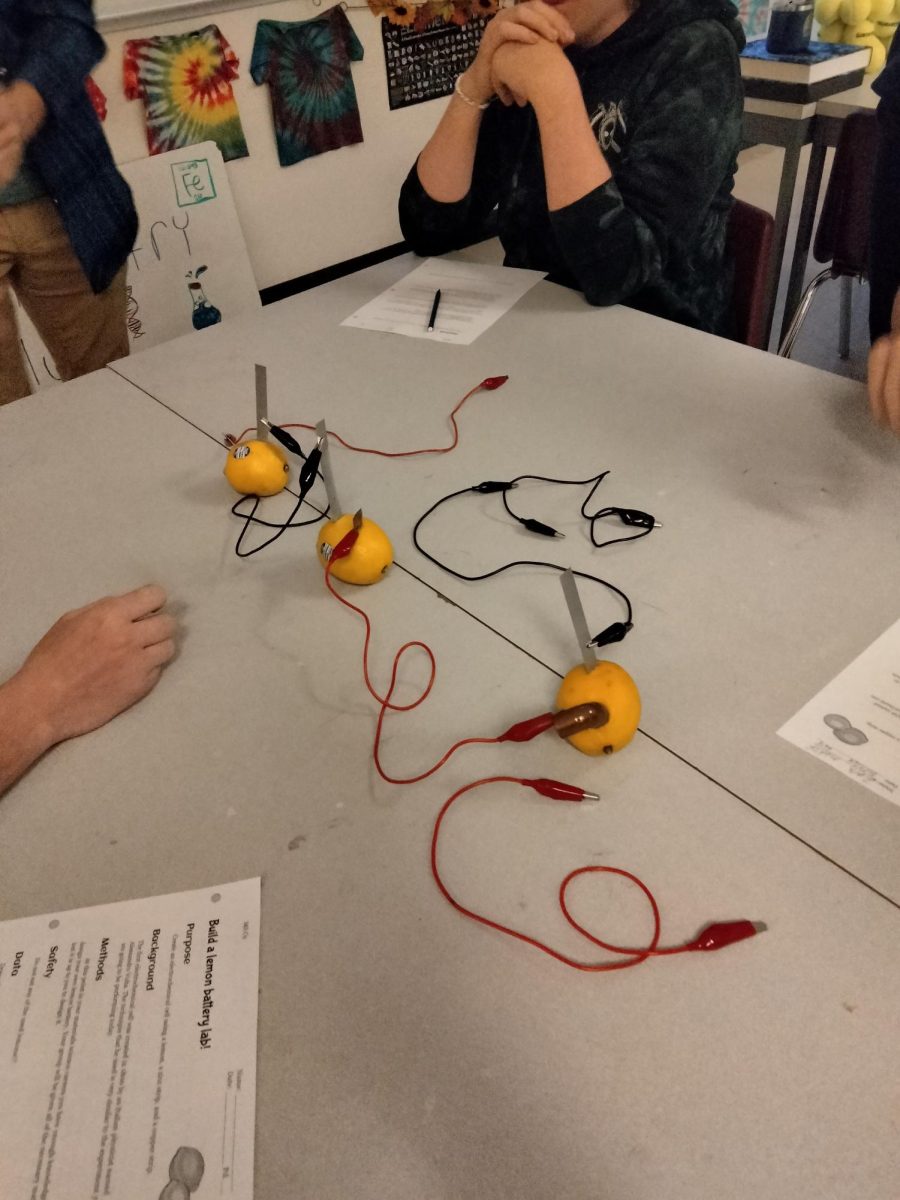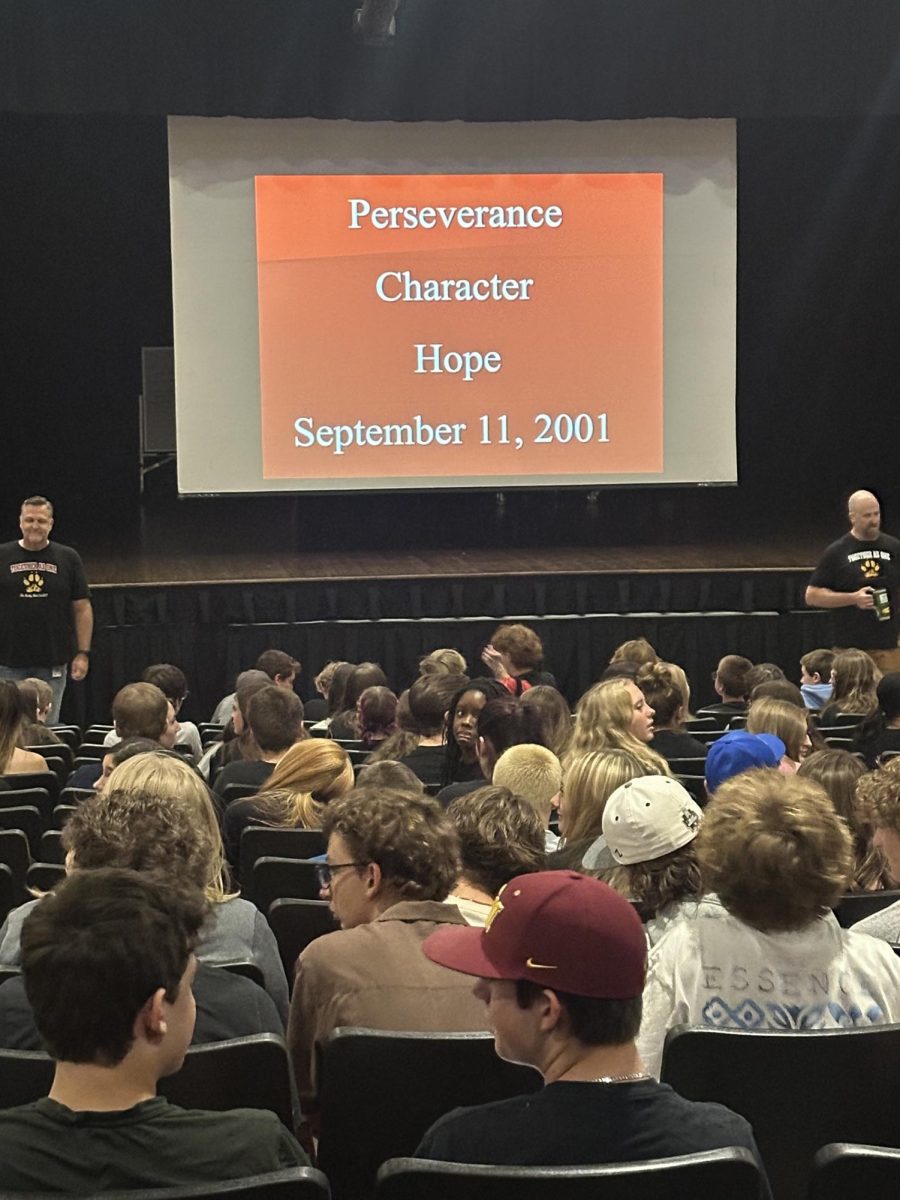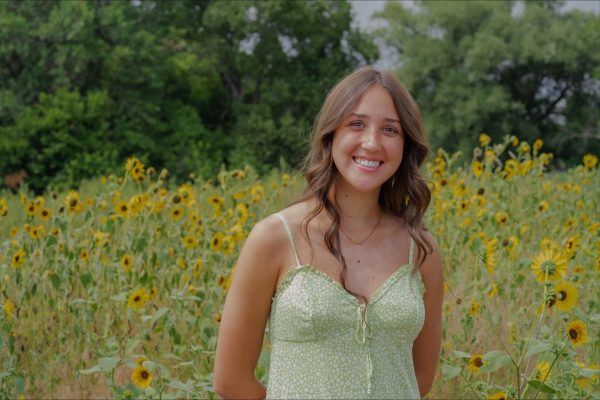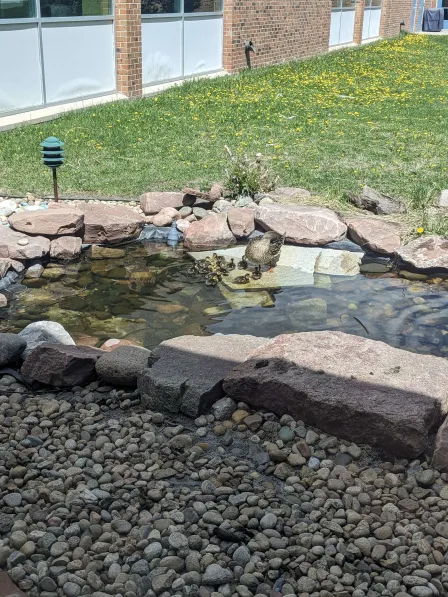
Mallards, Gadwells, Cinnamon Teals, and Green-winged Teals are the most common duck species you can find in the Colorado Rockies and the plateau. We could not determine what kind of duck has made its home at Rocky, but the ducks were indeed back again this year.
Rocky’s duck pond in the courtyard has been standing for 24 years. The pond was built and funded in August of 2000 by the classes of 1999 and 2000. Located in the west part of the courtyard, the pond is always an eyecatcher for students, staff, and visitors.
The students who created and built the pond were part of the MESA Club. MESA stands for Mathematics, Engineering, Science Achievement, however, the club no longer exists.
“The MESA Club was a pseudo-environmental club back in that time that is no longer of existence. But they took some environmental issues on,” Dean Mr. Stapleton said.
Funding was also provided by the following classes:
Class of 2001- 21 ducklings hatched
Class of 2002- 23 ducklings hatched
Class of 2003- 30 ducklings hatched
Class of 2004- 60 ducklings hatched
Class of 2005- 25 ducklings hatched
Class of 2006- 20 ducklings hatched
While they did not donate ducklings, the numbers above indicate how many ducks were supported each year.
This year, Rocky welcomed 12 new ducklings to the pond. They could be found in the pond or wandering in the courtyard during the beginning and end of the school year. Anyone and everyone was welcome to visit the duck pond but warned not to get too close.
Ducks lay more eggs when there is more daylight. These ducklings were probably hatched 50-ish days ago. The mother duck will try to keep them together to protect them from predators–like you! Don’t get too close and be sure to leave them be if you want through the courtyard or each lunch out there. Domesticated ducks are quite social, but these are wild birds.
To make sure that our feathered friends feel comfortable and want to come back, Waterwise Purification Systems comes to Rocky bi-weekly to make sure that everything in the pond is working correctly. If assistance is needed, they will come to fix whatever problems may be occurring.
Ducks do not typically mate for life, like some other birds, but they do return seasonally and are monogamous for their mating season, raising their young together and parting ways by the end of the summer.
Ducks are omnivores–eating grass, plants, insects, seeds, fruit, fish, and other types of food. They do not eat bread crumbs and you should not feed them. They can find everything they need in the courtyard.
Some of these ducks could be older than you, as ducks can live up to 20 years. They show affection and are quite intelligent. Ducks can recognize each other and tell the difference between objects.
Unfortunately, this year’s flock did not survive. We have confirmation that all of the ducklings have passed away. Nobody is quite sure why, and precautions are being taken so that we are ready for them again next year.


